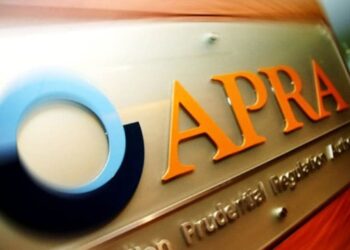The Australian economy is likely to avoid recession but will slow significantly, according to the latest Russell Investments Market Barometer.
The Barometer, released this month, acknowledges that the Australian share market has felt the full force of the financial crisis but suggests the country will avoid a recession, albeit that there will be a significant slowing.
It said, however, that there was a risk of a more serious downturn similar to the US in circumstances where Australian households had been on a debt binge for the past two decades and where house price gains had been much larger than in the US.
“The main difference is that Australia has an undersupply of houses in contrast to the oversupply in the US,” the Barometer analysis said. “Strong population growth from immigration means there is demand for around 180,000 new dwellings every year compared to the 155,000 dwellings constructed annually.”
It said the risk was that the credit crisis would cause a bigger than expected slowdown in Australia and a sharp rise in the unemployment rate capable of triggering a house price correction, placing highly geared households under financial stress.
The analysis said such an eventuality could send the economy into a painful recession.




